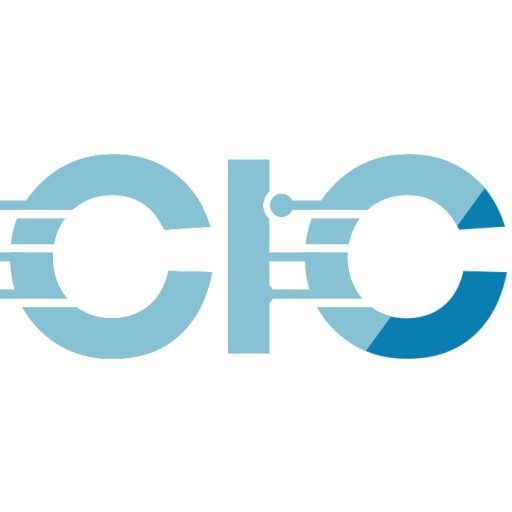![]()
Canadian silicon anode materials developer NEO Battery Materials has announced that its P-300N silicon battery material has outperformed its target metrics for long-term capacity testing.
The P-300N High-Stability Variant exhibited over 90% capacity retention for 300 cycles in the coin full cell format, exceeding the target set at 80% retention given the same cycle frequency.
The results establish P-300N as one of the most stable silicon battery materials utilizing metallurgical silicon (MG-Si), which is the lowest-cost silicon input available for battery-grade applications, the company said.
The results now allow NEO to proceed toward large-cell format testing. The company has initiated the battery cell design and architecture of single-layer pouch cells, which will involve long-term battery performance tests of 500+ cycles to optimize interactions between P-300N, graphite anodes and various cathode materials.
To prepare concurrently for near-commercial, multi-layer cell testing, NEO is in active discussions with battery prototypers and global manufacturers in South Korea, the US, and Germany.
Multi-layer cell manufacturing will be outsourced due to the need for specialized equipment. To fulfill requests from global downstream partners, NEO has secured all post-treatment equipment and installation is nearing completion at the R&D Scale-Up Centre. It has also decided to add a key manufacturing unit to expand its overall capacity. This high-specification machinery will enhance quality levels as it will enable higher precision control and efficient MG-Si processing.
NEO Battery Materials is working with industrial automation specialist Rockwell Automation to set up a 240-ton facility with the capacity to expand to 5,000 tons of silicon anode material per year, in Windsor, Ontario.
Source: NEO Battery Materials


